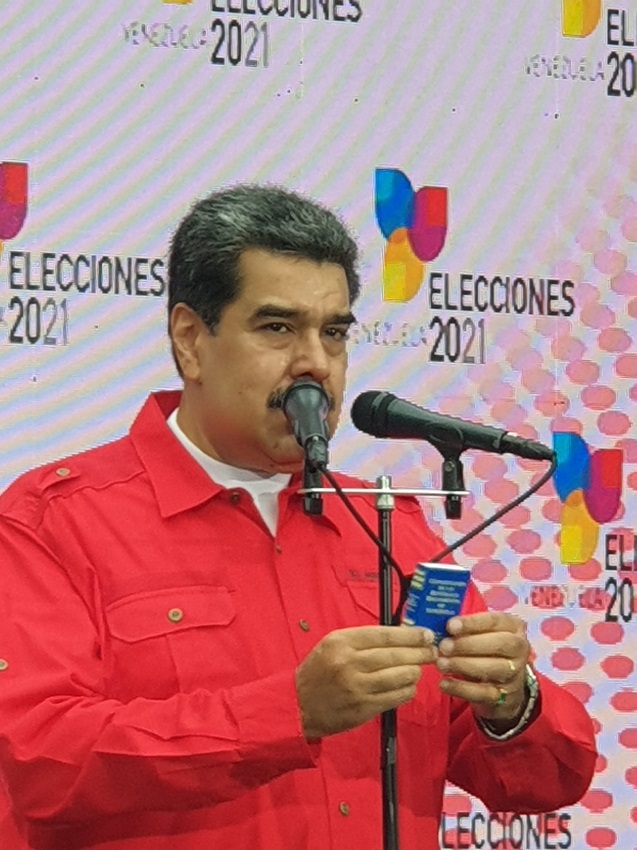WILLEMSTAD, THE HAGUE – There is currently no cause for concern regarding potential Venezuelan aggression toward the ABC Islands, according to Dutch Ministers of Defence Ruben Brekelmans and Foreign Affairs Caspar Veldkamp. Their statement came in response to questions from Members of Parliament Jan Paternotte, Anne-Marijke van der Werf, and Kiki Bamenga (all D66) following a letter from Bonaire’s Island Governor, John Soliano.
Soliano expressed concern over what he described as a “growing possibility of military threats from Venezuela,” and asked the ministers how defense and support for Bonaire would be arranged in the event of an attack.
In their reply, the ministers emphasized that there is no indication of an elevated threat level for any of the Caribbean parts of the Kingdom. They noted that Dutch intelligence services AIVD and MIVD continuously monitor the political and military developments in Venezuela, including any possible implications for Aruba, Bonaire, and Curaçao.
No Military Activity Near Bonaire
Responding to parliamentary questions, the ministers clarified that no recent Venezuelan military activities have been detected near Bonaire. They also emphasized that the readiness level of the Venezuelan military remains low, despite recent investments and support from international allies like Russia, Iran, and China.
According to the Military Intelligence and Security Service (MIVD), the Venezuelan armed forces continue to face severe challenges, including major personnel shortages, limited training capacity, and equipment in disrepair. This results in an overall low operational readiness.
Communication with Bonaire Ongoing
The Dutch government underscored that Defence Commander in the Caribbean (CZMCARIB) maintains regular contact with Bonaire’s local authorities and continues to provide situational updates and defense plans. Additionally, the Royal Netherlands Marechaussee has a permanent presence on Bonaire, supporting border control and maintaining communication with local enforcement.
Broader Regional Tensions
The developments in Venezuela, particularly the Essequibo dispute with Guyana, raised tensions in the region in early 2024. Though Venezuela increased its military presence along the disputed border, this did not translate to threats against the Dutch Caribbean. The Venezuelan regime later shifted focus toward contentious presidential elections, which were widely disputed internationally. Maduro claimed victory, but many—including the EU, the U.S., and several Latin American countries—recognized opposition candidate Edmundo González as the likely true winner.
In the wake of these elections, the Netherlands offered temporary protection to González at its diplomatic mission in Caracas, before he fled to Spain due to escalating threats.
No Need for Additional Measures
The ministers assured that while the global security environment has worsened, there is currently no need for additional military measures specifically for Bonaire or the other Dutch Caribbean islands. However, defence investment plans are being updated regularly and will include preparedness for military threats, migration waves, and natural disasters.
If the situation in Venezuela changes in a way that affects the Kingdom’s security, the Dutch Parliament will be informed immediately, the ministers confirmed.
For now, Dutch defense forces continue to carry out routine operations across the region, with over 1,000 military and civilian personnel stationed in the Caribbean part of the Kingdom, including Curaçao and Aruba.
